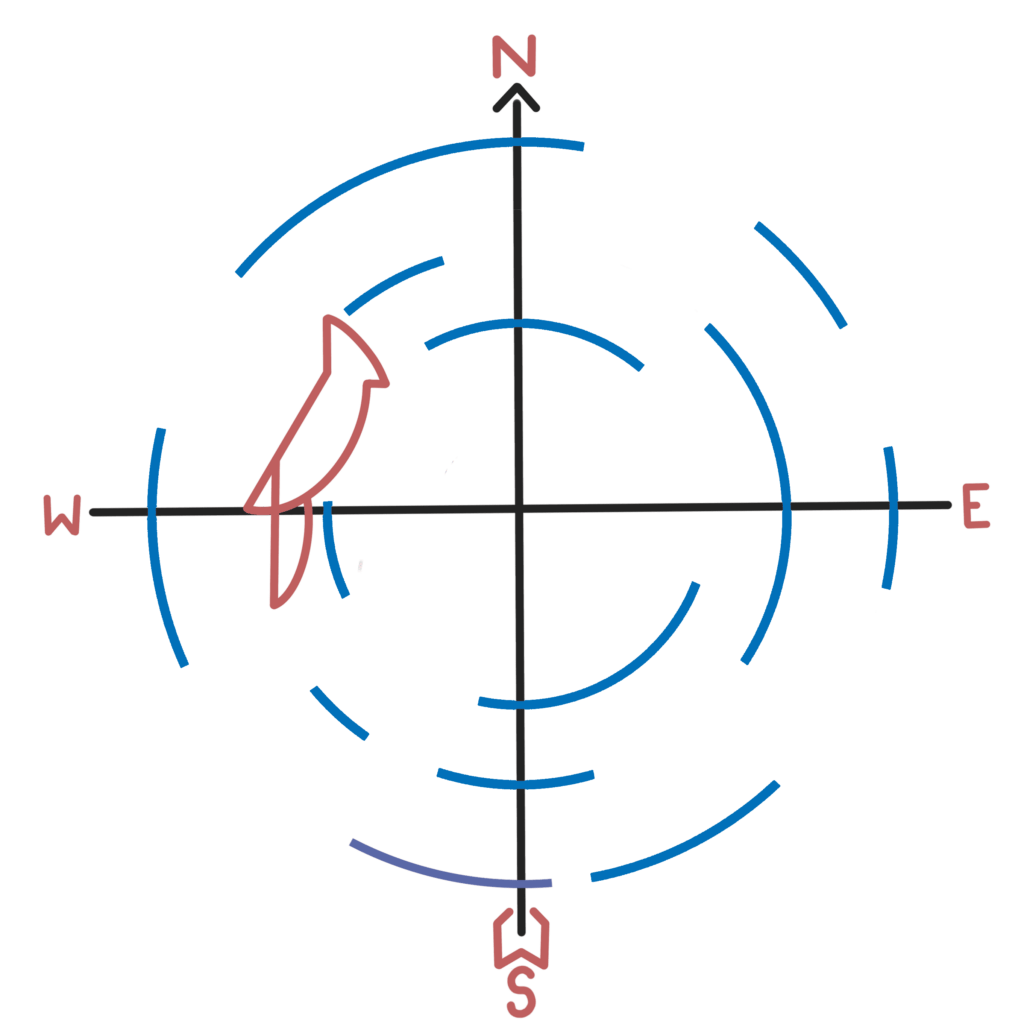Infidelity
Achieve Balance for Common Issues
Does this Cycle Sound Familiar? One person has an emotional or sexual affair (affair partner). The other person finds out on their own without their partner telling them (betrayed partner). The betrayed partner is hurt and wants to ask lots of questions. The betrayed partner asks questions multiple times to see if the answers are consistent. The affair partner acts like they are on a witness stand, and offers minimal information out of shame, to avoid criticism, and/or to minimize causing more hurt. The affair partner wants to put the past in the past and move on. The betrayed partner can’t put the past in the past until they have had a sincere apology, have had their questions answered (some questions may not help, such as intimate details), and can look for examples to rebuild trust over time. The more the betrayed partner pursues, the more the affair partner withdraws. Not all of the above scenarios will present themselves all of the time, but they represent common scenarios.
Healing and Affair Recovery is a Process
Rebuilding trust after infidelity can be a tough journey for couples. The healing process is no walk in the park, and it often takes months or sometimes years to consistently rebuild trust. The betrayed partner might go through symptoms similar to PTSD, while the one who cheated often deals with intense guilt and shame, experiencing their own set of PTSD-like symptoms. Both partners need healing, and the timeline for affair recovery varies—ranging from weeks to months to even years. Factors like the type of affair, its duration, and the level of deception all play a role in determining how long the healing process may take.
Affairs are Sometimes a Symptom of Larger Problems
 Most people long for connection. Having a strong emotional connection and bond with a partner is one of the most vital human longings. While not defending infidelity, it can result from years of both partners feeling neglected and developing poor communication patterns. More likely, it’s a result of a rupture of an attachment bond. Sometimes cheating results from sex addiction (which usually doesn’t have a solid emotional component). But, more often than not, it stems from a lack of connection to a committed partner. Professional couples who travel frequently and are exposed to long hours and late business meetings have extra temptation. Affair recovery can be as difficult as many other traumatic events, with many partners experiencing symptoms of complex PTSD.
Most people long for connection. Having a strong emotional connection and bond with a partner is one of the most vital human longings. While not defending infidelity, it can result from years of both partners feeling neglected and developing poor communication patterns. More likely, it’s a result of a rupture of an attachment bond. Sometimes cheating results from sex addiction (which usually doesn’t have a solid emotional component). But, more often than not, it stems from a lack of connection to a committed partner. Professional couples who travel frequently and are exposed to long hours and late business meetings have extra temptation. Affair recovery can be as difficult as many other traumatic events, with many partners experiencing symptoms of complex PTSD.
“Because of the large average delay (six years) between couples first detecting that there is something seriously wrong with their relationship and getting any kind of help, many couples will have compounded problems.”
– John Gottman
Deep down, most people crave connection. Establishing a strong emotional bond with a partner is a fundamental human longing. While I’m not condoning infidelity, it’s essential to recognize that it can stem from years of both partners feeling neglected and developing poor communication habits. In some cases, it may result from sex addiction, lacking a solid emotional component. However, more often than not, it originates from a lack of connection with a committed partner.
Professionals, especially those who travel frequently and face long hours and late meetings, may encounter additional temptations. Recovering from an affair can be as challenging as coping with other traumatic events, with many partners experiencing symptoms of complex PTSD.

People Crave Connection
Deep down, most people crave connection. Establishing a strong emotional bond with a partner is a fundamental human longing. While I’m not condoning infidelity, it’s essential to recognize that it can stem from years of both partners feeling neglected and developing poor communication habits. In some cases, it may result from sex addiction, lacking a solid emotional component. However, more often than not, it originates from a lack of connection with a committed partner.
Professionals, especially those who travel frequently and face long hours and late meetings, may encounter additional temptations. Recovering from an affair can be as challenging as coping with other traumatic events, with many partners experiencing symptoms of complex PTSD.
Common Objections
The following are common objections or questions.
Every couple should establish their own guidelines for acceptable behavior in their relationship. If there's dishonesty, cover-ups, or secretive behavior related to physical or emotional connections with someone a partner is attracted to, it may indicate an affair. Couples may need to define what they find acceptable. This can include differing views on pornography or comfort levels with solo lunches with co-workers. While some may be okay with occasional visits to strip bars, for others, it could be grounds for ending the relationship. Different partners have varying boundaries, and open communication is key. Some may find polyamory or open relationships suitable, especially if there's mutual understanding. Secrecy is often the red flag for cheating. Whether it's lunch with an attractive co-worker or other activities, transparency is crucial. If you'd be comfortable with your actions being shared with your partner, it's likely okay. The presence of secrecy might indicate at least an emotional affair. Infidelity varies for each couple, depending on the level of secrecy and deception involved.
Cardinal Point Counseling can help you find someone to help you recover from all types of affairs from emotional affairs to physical adultery. You can see a Columbus Ohio infidelity counselor or an affair therapist anywhere in Ohio through telehealth.
Yes, but it is a process. Eventually, there needs to be mutual forgiveness and a commitment not to do it again. Continuing to work on the relationship and strengthen the bond only helps future incidents. Sometimes clients need individual counseling first or in conjunction with couples therapy to effectively move on.
There can be so many reasons. One is sex addiction. Another is wanting attention. While not excusing it, another reason is taking marriage or a committed relationship for granted after a while, and enjoying the excitement. Some do it for the thrill of sneaking around. Most develop emotional affairs slowly over time without intending to do so or realizing what is happening. Cheating in marriage is widespread, as good people can become too comfortable and make poor marriage or relationship choices. Some people just feel like something is missing and it has little to do with either partner.
Please view the site’s main frequently asked questions page for additional couples counseling questions.
Discover
Guidance and Support After Infidelity

Moving on from infidelity can seem like an impossible feat, but with the right kind of help and support, it is possible. At Cardinal Point Counseling, I am here to help you navigate through the difficult emotions and challenges that come with rebuilding trust, forgiveness, and starting a fresh chapter in your relationship. My infidelity counseling services are tailored to meet your unique needs and goals, and I am dedicated to helping you find your direction once again. Contact me today to schedule a session.






